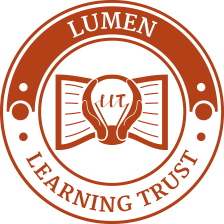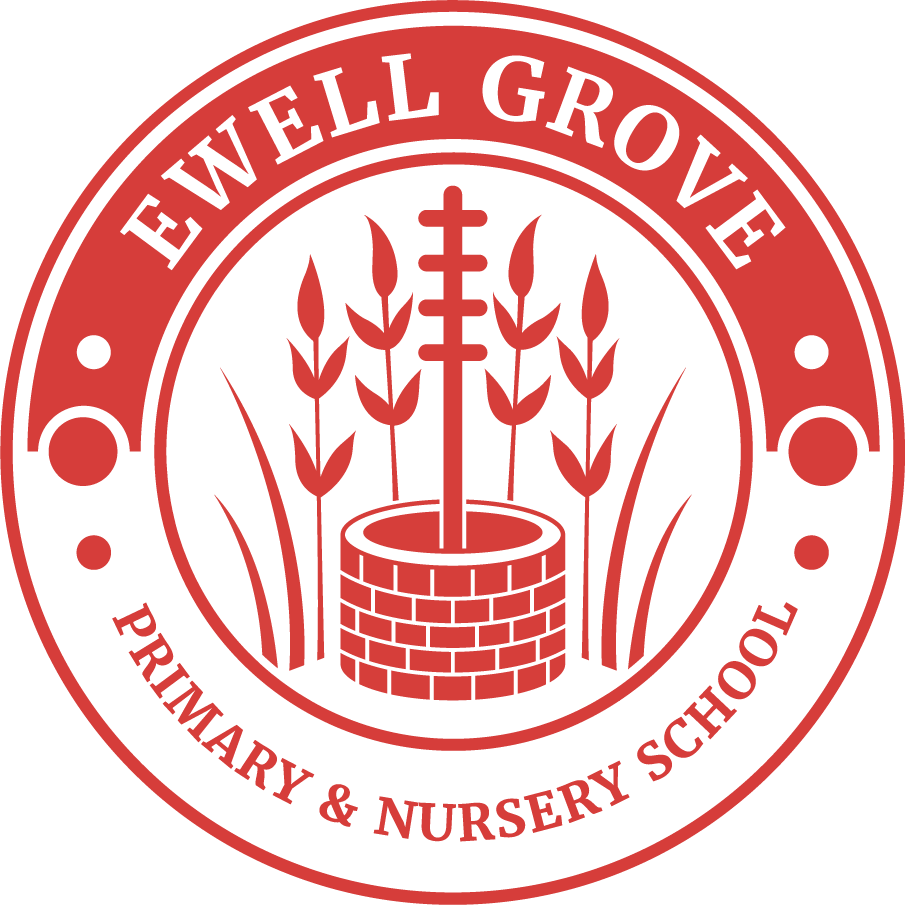Relationships and Sex Education
Relationships and sex education is an integral part of the taught curriculum and is embedded within the Science and PSHE programmes of study. It is planned sensitively in order to ensure that children begin to know about and have some understanding of the physical, emotional and social changes that take place in their lives.
The opening paragraph of the Department for Education guidance states:
“Today’s children and young people are growing up in an increasingly complex world and living their lives seamlessly on and offline. This presents many positive and exciting opportunities, but also challenges and risks. In this environment, children and young people need to know how to be safe and healthy, and how to manage their academic, personal and social lives in a positive way.” (DfE, 2019, Relationships Education, Relationships and Sex Education and Health Education)
From September 2020, Relationships and Health Education are compulsory in all primary schools in England. For primary aged children this includes curriculum content under two headings (DfE 2019):
Relationships Education
Families and people who care for me Caring Friendships
Respectful Relationships
Online Relationships
Being safe
Health Education
Mental wellbeing
Internet safety and harms
Physical health and fitness
Healthy eating
Drugs, alcohol and tobacco
Health and prevention
Basic first aid
Changing adolescent body
Parents will always be informed when a planned programme of sex education is about to begin. Parents have the right to withdraw their children from aspects of relationships and sex education sessions, except those elements taught as part of the Science National Curriculum.
For further information regarding RSE, please refer to the “Information for parents and carers” leaflet below.








